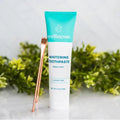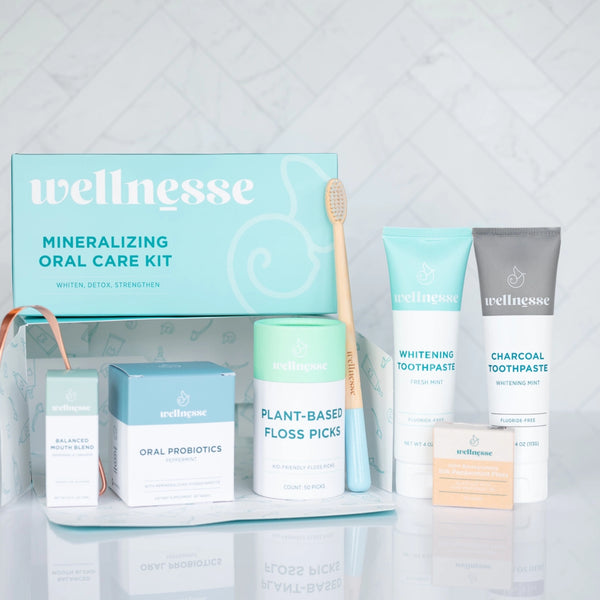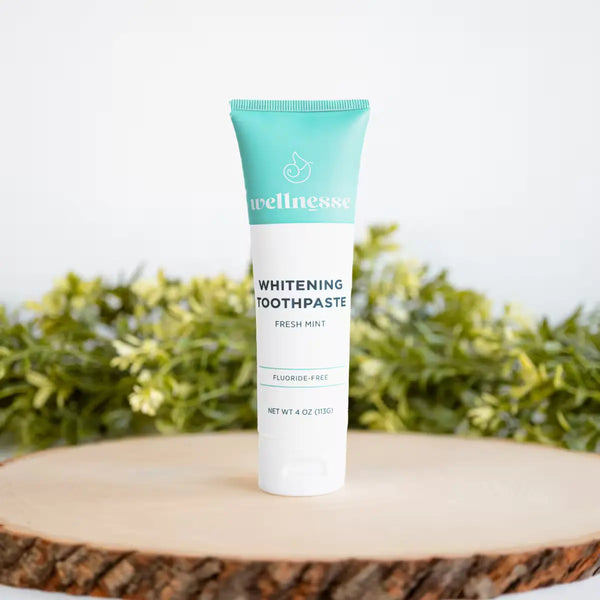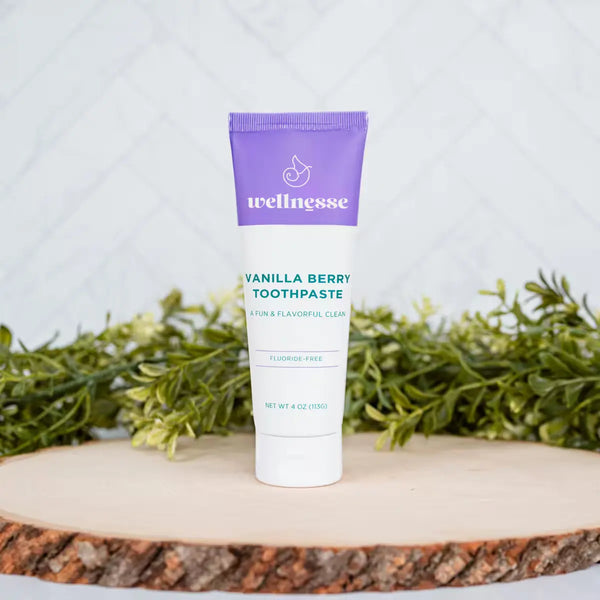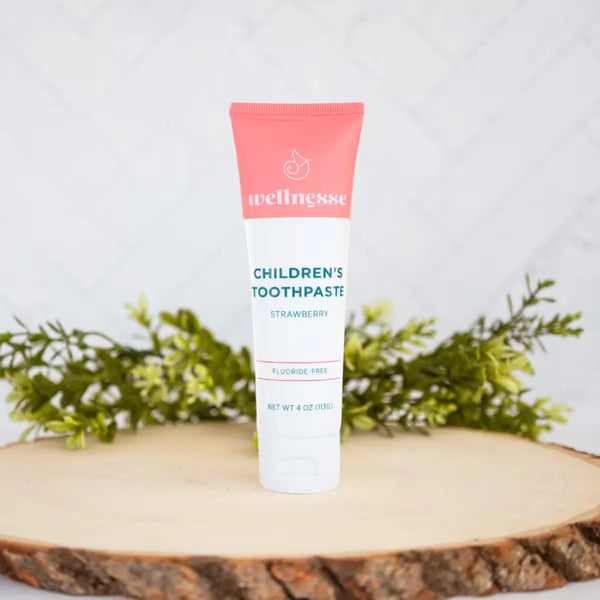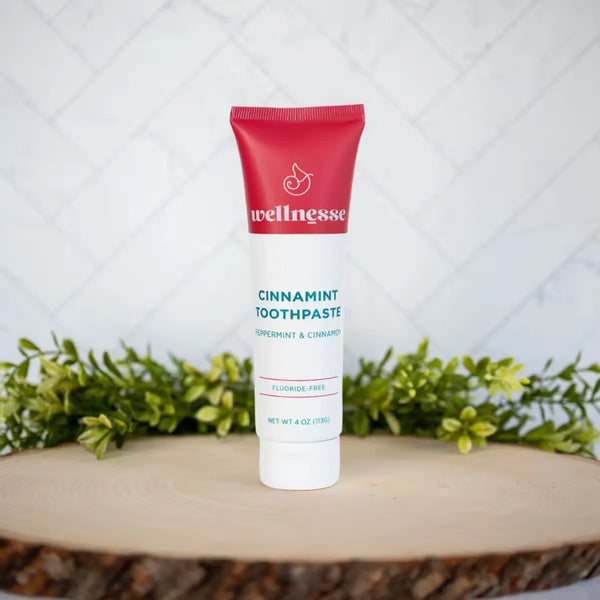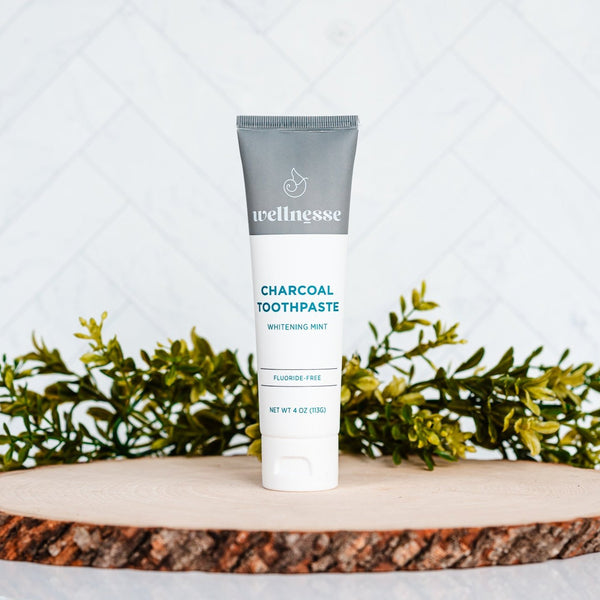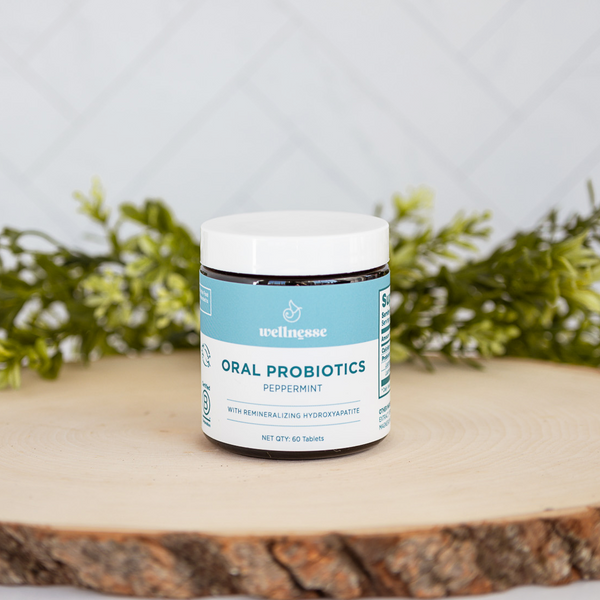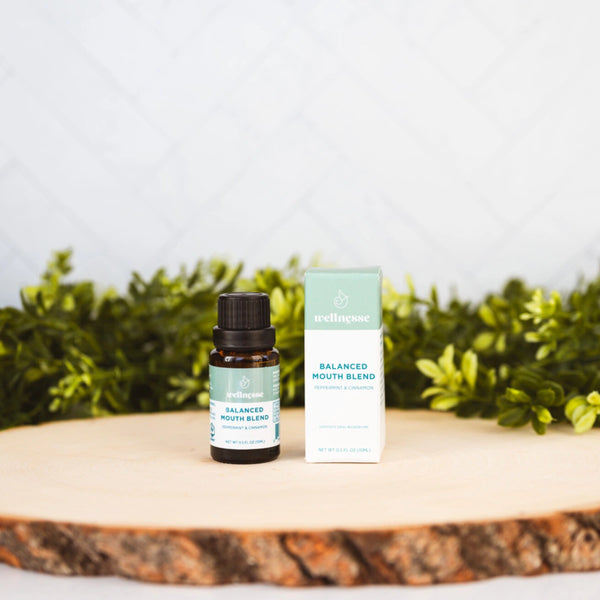There are a lot of things tomato pairs perfectly with: pizza, pasta, salad, and even drinks! (Who doesn't love a good blood mary?) What you may not know is that tomatoes, specifically tomato fruit ferment extract (it’s a mouthful, we know), can provide amazing benefits for your hair!
Because of the building blocks of lycopene and cysteine, this antioxidant-rich ingredient reduces sebum, build-up, and inflammation and works wonders for curly hair and frizz. And fermentation is key to it all!
Shop our Restoring Shampoo and Conditioner to unlock all the benefits of tomato fruit extract - one of our favorite hair care ingredients!
Why Tomato Ferment?
The full name of the ingredient we're discussing today is 'Tomato Fruit Ferment Extract.' So, why is the fermentation aspect important?
Fermentation with probiotics enhances the antimicrobial and antioxidant activity of the ingredient. In other words, the fermentation process helps to maximize the ingredient's full healing potential. This process helps the nutrients become more bioavailable and, in the case of tomatoes, gives us access to the incredible benefits of two ingredients in particular: cysteine and lycopene.
Why Do Cysteine and Lycopene Help Hair?
Cysteine delivers keratin-boosting amino acids to the hair, strengthening and protecting the integrity and natural patterns of the hair shaft. For wavy hair, this means stronger waves. For curly hair, it means bouncier curls. And for all hair, it means improved elasticity.
But cysteine also has a partner to help fight issues caused by oxidation: lycopene. Together, the two make an unstoppable hair care duo.
As a part of our conditioner formulation, we pair tomato fruit ferment extract with glycerin. These ingredients, along with the panthenol in avocado butter, combine into a fantastic natural moisturizer. Adding shea butter and jojoba to that recipe makes for even better health, moisture retention, and natural shine.
At first, that sounds like a hefty amount of oil. But the tomato regulates excess oil and secures hair strength with the moisture locked in. Plus, with the fatty acids in some of these ingredients, the nutrients are delivered even more directly. Any vitamins and antioxidants will be more accessible because of the fat content working alongside it.
Vitamins at Work
The vitamins present in tomatoes are excellent stimulants for hair. They make hair glossy, destroy odor, soothe itchy scalps, and eliminate dandruff. Vitamins A, B, C, and E are the power team at play here. They support new growth by strengthening the strands, aiding circulation, and calming any inflammation impeding your hair.
Vitamin A aids vision, immune function, and cell growth. The trick with vitamin A is maintaining the correct levels in the body. Too much vitamin A spills over and can cause harm to the hair (such as hair loss); too little, and there isn't enough for the hair to grow strong and healthy. Applying vitamin A topically (instead of consuming it through food) helps the body a little differently and aids in sebum production, protecting the hair and scalp from becoming too dry.
Vitamin B comes in a variety of forms, which we also store in organs throughout the body. Each form of vitamin B comes with specific adverse effects on hair and scalp when levels sink and remain too low. Delivering this complex alongside fatty acids (such as the avocado oil we use in our conditioner) provides ample opportunity to restore hair health.
Vitamin C has less to do with hair loss directly. However, it has antioxidant activity, fighting against free radical damage, which can be a culprit in skin wrinkles and inflammation. So, vitamin C supports hair by clearing away the harmful stuff in the background.
Vitamin E is another free radical fighter; it's a huge help in combating oxidative damage. When applied to the scalp with a fatty acid, it works wonders to protect and restore scalp and hair health.
Safe and Natural Tomato Fruit Ferment Extract for Hair
We only use the safest, cleanest, most effective ingredients in our hair care collection. All of our products are safe and beneficial for every member of the family! Each of our ingredients is sourced cleanly and sustainably; you never have to worry about compromising your principles to shop with us!
That's why we're confident that our Restoring Shampoo and Conditioner are the rich, gentle, restorative hair care formulas for you! We've combined tomato fruit ferment extract with our favorite natural ingredients (like stimulating nettle leaf and moisturizing shea butter) to bring you hair care products you can love and trust - without the toxins or the guilt. Try them out today!
Resources
Clemente Plaza, N., Reig García-Galbis, M., & Martínez-Espinosa, R. M. (2018). Effects of the Usage of l-Cysteine (l-Cys) on Human Health. Molecules (Basel, Switzerland), 23(3), 575. https://doi.org/10.3390/molecules23030575
Liu, Y., Chen, H., Chen, W., Zhong, Q., Zhang, G., & Chen, W. (2018). Beneficial Effects of Tomato Juice Fermented by Lactobacillus Plantarum and Lactobacillus Casei: Antioxidation, Antimicrobial Effect, and Volatile Profiles. Molecules (Basel, Switzerland), 23(9), 2366. https://doi.org/10.3390/molecules23092366
Story, E. N., Kopec, R. E., Schwartz, S. J., & Harris, G. K. (2010). An update on the health effects of tomato lycopene. Annual review of food science and technology, 1, 189–210. https://doi.org/10.1146/annurev.food.102308.124120
Almohanna, H. M., Ahmed, A. A., Tsatalis, J. P., & Tosti, A. (2019). The Role of Vitamins and Minerals in Hair Loss: A Review. Dermatology and therapy, 9(1), 51–70. https://doi.org/10.1007/s13555-018-0278-6
Wells, K., A., D., J., S., & K. (2019, October 07). Health benefits of fermented foods: Wellness mama. Retrieved March 08, 2021, from https://wellnessmama.com/2245/fermented-food-benefits/
Wells, K. (2019, July 30). Why to try fermentation in your own kitchen: Wellness mama. Retrieved March 08, 2021, from https://wellnessmama.com/402891/fermentation/
